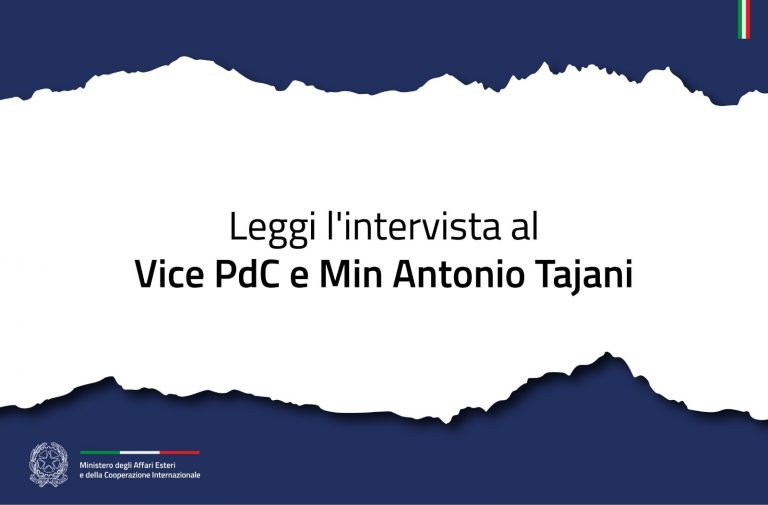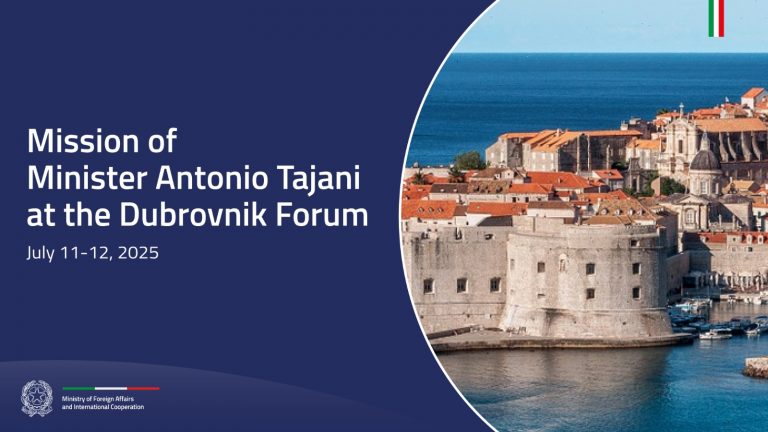Minister Giulio Terzi will be in Egypt Thursday next for a bilateral visit at a crucial stage in the redesign of the regional framework, one year on from the start of the “Arab spring”. He will hold a series of meetings in Cairo – with Head of the Armed Forces Supreme Council Marshall Houssein Tantawi, Prime Minister Kamal el Ganzouri, Foreign Minister Mohamed Kamel Amr and religious community representatives – that will make it possible to strengthen, at all levels of cooperation, Italy’s strategic partnership with Egypt, a key player in the Middle East region.
Terzi’s visit comes only a few days before the opening of the people’s assembly on 23 January that follows the elections in the lower house, a first step in a long electoral process leading up to the June presidential elections.
The visit has four main goals, as ministry spokesperson Maurizio Massari explained: to “reassert Italy’s strong support” for a democratic transition, “in the hopes” that Egypt does indeed pursue the route of democracy, respect for human rights and reinforcement of the rule of law; to carry the message that a “democratic Egypt is fundamental to securing peace and stability in the Mediterranean and the Middle East”; reiterate “strong Italian support for freedom of worship and the defence of religious minorities”; and to reassure the local authorities of “Italy’s firm intention” to contribute to reviving the economy creating jobs, not least by launching negotiations for the third debt conversion segment. For its part, Italy is expecting assurances on the security of the Egyptian economic environment, where numerous Italian firms are operating.
Italy is Egypt’s top European partner and second in the world only to the U.S., with $2.8 billion in trade, and is the main market for Egyptian exports. Moreover, the presence of Italian firms in Egypt remained constant even throughout the first phase of the transition. Egypt is an “ideal partner” in cooperation against illegal immigration (agreement signed in 2007) and in managing legal migration flows. On the cooperation front Italy is among Egypt’s main donors, with initiatives amounting to €158 million.
Egyptian Ambassador to Italy Mohamed Farid underscored that Minister Terzi’s visit was the first by a member of the Monti government, and came at a “crucial phase” in an Egyptian transition filled with critical social and economic challenges. He said that Egypt expected “concrete support” from Italy by way of intense bilateral relations, and that Egypt intended to ensure the security of Italian firms and investments, and indeed “we will ask that those investments be increased”.
During his Cairo visit, in addition to bilateral concerns, Minister Terzi have also have an opportunity to address regional dossiers of the Mediterranean and Middle East, for which purpose he is scheduled to meet with Secretary General of the Arab League Nabil al Arabi.





